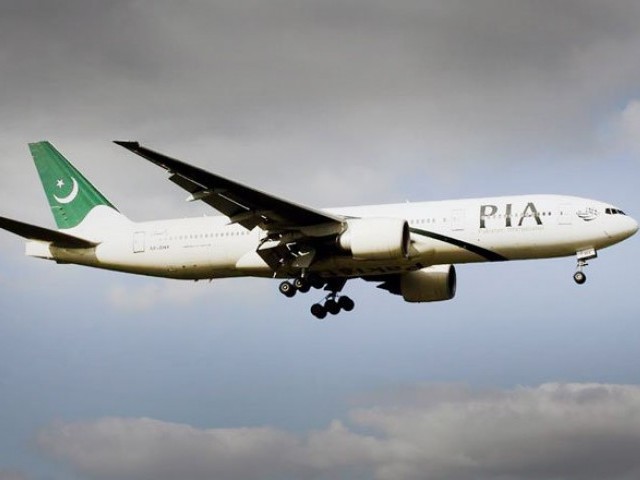Good News Comes from Gilgit Baltistan

LAHORE: Gilgit-Baltistan Chief Minister Hafiz Hafeezur Rehman has invited the private airlines to join hands with the regional government and start flights to the scenic remote area.
Talking to Lahore Chamber of Commerce and Industry (LCCI) President Malik Tahir Javaid, the G-B chief minister said the region had immense opportunities in tourism, energy and infrastructure sectors.
“Pakistan International Airlines’ operations in G-B are not enough to cater to the needs and increased role of the private sector is important to boost tourism,” he said.
Rehman highlighted the role of the China-Pakistan Economic Corridor (CPEC) in generating lucrative investment opportunities which must be tapped by local investors.
Under this project, industrial and economic zones are being established which will create ample employment opportunities for the people of this area.
Regarding the energy sector, Rehman said G-B was not linked with the national grid which was a major hurdle in the way of tapping power generation potential of the region. German development agency GIZ and the Water and Power Development Authority (Wapda) have estimated in feasibility reports that G-B has the potential to generate 40,900 megawatts.
He revealed that work on establishing the first grid in G-B was at the tender stage, adding no serious work had been done in the past on Diamer-Bhasha Dam.

Now, he added, land acquisition for Diamer-Bhasha had been completed in a transparent manner which helped save Rs12 billion against initial estimates.
Diamer-Bhasha, Bunji and Dasu dams will generate 4,500MW, 7,500MW and 5,000MW respectively of cheap and environment-friendly electricity which will reduce the oil import bill considerably.
Talking about tourism, the chief minister emphasised that various measures were being taken to tap the region’s vast potential in that field for higher economic gains. Saying that the number of tourists was increasing, he termed it a good sign.
Speaking on the occasion, the LCCI president said G-B had immense importance in geo-economics and geo-strategic terms.
“Geographically, Gilgit-Baltistan shares borders in the northeast with China, in the extreme north with Wakhan corridor of Afghanistan, in the west with Khyber-Pakhtunkhwa and in the south and southeast with Azad Kashmir,” Javaid said, adding it was also endowed with vast metallic, non-metallic minerals, precious stones and different rocks of industrial use.
Published in The Express Tribune, December 22nd, 2017.
Courtesy: The Tribune

No comments
Thank you so much for reaching us. We will reply you soon.